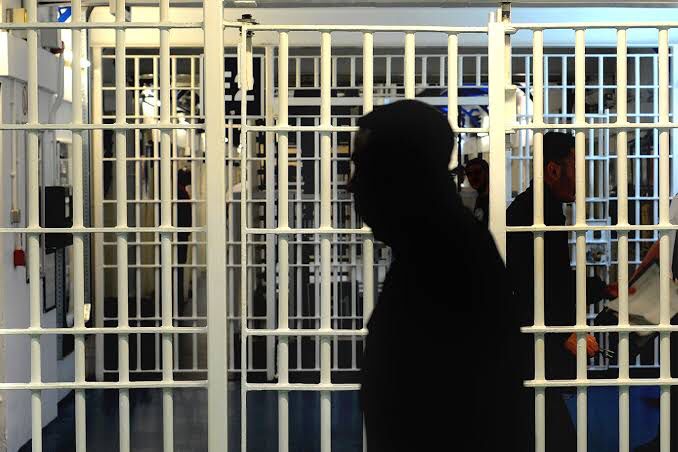
Thousands of prisoners in British jails were set for early release on Tuesday, as part of government efforts to tackle overcrowding. Recent data revealed that the prison population in England and Wales had reached a record high.
Amid concerns over reoffending, the government emphasized that violent offenders and domestic abusers would not be eligible for early release. Business Minister Jonathan Reynolds described the move as “a difficult decision” during an interview with Sky News, referring to the planned release of 1,700 prisoners.
Downing Street defended the policy, stating that it was necessary to prevent “unchecked criminality,” where newly convicted individuals had avoided jail sentences due to a lack of available space in prisons.
Reynolds placed the blame on the last Conservative government, which was voted out in July, saying the decision “should have been made prior to the election” but that it “had given up on governing”.
“Of all the scandals we inherited, I think the prison system, the justice system, is probably the worst of all,” he added.
Chief Inspector of Probation Martin Jones told BBC Radio that the pressure on prisons was “extreme,”
“It’s the highest population we’ve ever seen in this country. Prisons are absolutely close to 100 percent capacity.
“My understanding, as of yesterday there is a couple of 100 spaces remaining.”
Jones warned that it was a “certainty that some will reoffend,” pointing out that approximately a third of individuals released from prison each year go on to commit further offences within a year.
Reynolds emphasized that “no violent offenders, no domestic abusers will be eligible” for early release, assuring that “greater protections” had been implemented.
The prison population has surged in recent months, partly due to the incarceration of individuals convicted for their involvement in anti-immigration riots across England.
Despite this, the government confirmed that those involved in the unrest would not be exempt from the early release program.
